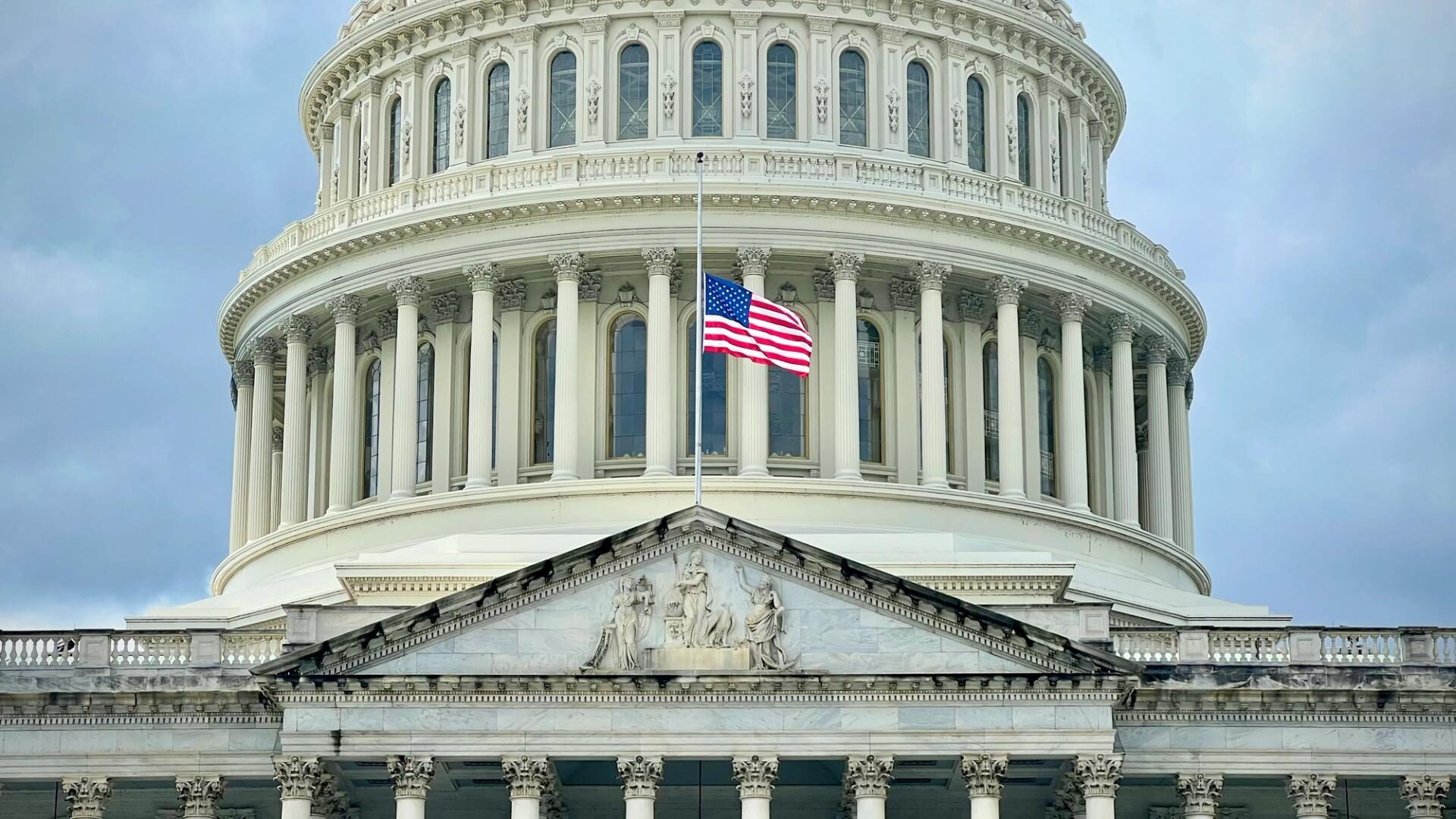The U.S. House of Representatives’ so-called Crypto Week is steaming toward mid-week votes on two foundational pieces of legislation that would push the industry’s status forward significantly in the U.S., including what amounts to a final congressional action on regulating stablecoins.
STORY CONTINUES BELOW
While that last necessary vote on the stablecoin bill known as the Guiding and Establishing National Innovation for U.S. Stablecoins (GENIUS) Act would send it to President Donald Trump’s desk to be signed into law, it’s the bigger bill — the Digital Asset Market Clarity Act — that is the top concern of the crypto industry.
That legislation to establish a regulatory framework for U.S. crypto activity is expected to come up late afternoon on Wednesday for its floor vote, industry lobbyists have been advised, which would send the Clarity Act over to the Senate for its consideration. The House has made it that far before on a market structure bill for digital assets, but the Senate was immobile on the issue during the previous congressional session. This time, key senators are making promises to complete work on this issue quickly.
The Clarity Act is widely expected to pass with a heavy bipartisan vote. Its predecessor, the Financial Innovation and Technology for the 21st Century Act (FIT21) drew 71 Democrats when it passed. There’s tremendous pressure on the sector and among the Republican lawmakers leading the charge to garner more than that for Clarity, so it arrives in the Senate with high momentum.
While Senator Tim Scott, chairman of the Senate Banking Committee, has said the Clarity Act will act as a template for his chamber’s work, crypto lobbyists have been told that the lawmakers there may not hew closely to its language, suggesting a coming period of negotiation.
On Thursday morning, according to people familiar with the planning, the House is tentatively expected to vote on GENIUS, the bill to set up guardrails for issuers of stablecoins, such as Circle’s USDC and Tether’s USDT. That bill already passed the Senate with a wide bipartisan approval, and House lawmakers agreed to take it as-is, meaning its course would finish soon on Trump’s desk if it clears this last legislative step.
The series of votes amounts to “the most consequential week yet for the digital asset industry on Capitol Hill,” according to Blockchain Association Senior Director of Government Relations Jessica Martinez.
Before all this vote timing can be set in stone, the House Rules Committee met on Monday afternoon to work out the plan. The Rules panel sets the procedures for how each piece of legislation will be handled on the House floor.
Lawmakers from the House Financial Services and Agriculture Committees defended the trio of bills before the Rules Committee in a lengthy hearing taht extended into Monday night. The House is set to vote after an hour of debate on each bill, though no amendments will be considered.
If Crypto Week follows the expected course, it’ll end with a crypto milestone for Congress, passing the first-ever major crypto regulatory bill. Once GENIUS is law, the industry will focus full-time on market structure, though it’s unclear how much work will need to be done to reach agreement between the House and Senate. Senator Scott said the Senate will be done with its work by Sept. 30.
“Instead of taking up Clarity, we think the Senate will put forth its own bill, but not before September,” said Ian Katz, a policy analyst at Capital Alpha, though he doubts the final effort will be completed this year.
Also this week, the House was prepared to pass another bill that would ban a U.S. central bank digital currency (CBDC). Republican lawmakers have made the case against the Federal Reserve issuing a digital dollar that they’ve said might compete with U.S.-issued stablecoins and could give the government financial surveillance abilities over citizens. While the federal government hasn’t pursued a CBDC in any significant way, the legislation would cut off an ability to do so in the future. The House is expected to vote on this bill on Wednesday, though it’s unclear what its fate may be in the Senate, which doesn’t yet have a counterpart bill.
UPDATE (July 15, 2025, 01:05 UTC): Adds House Rules Committee result.


